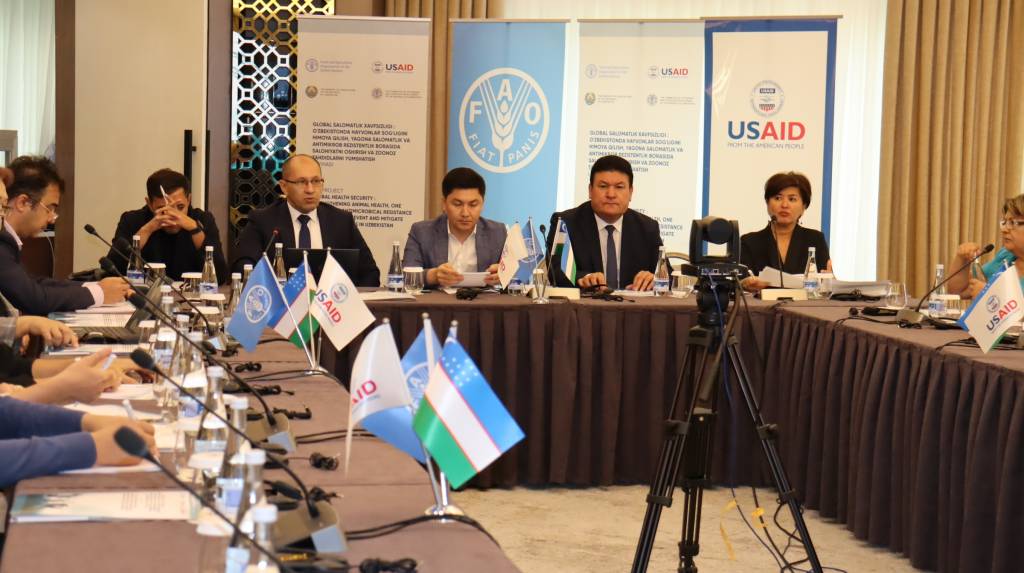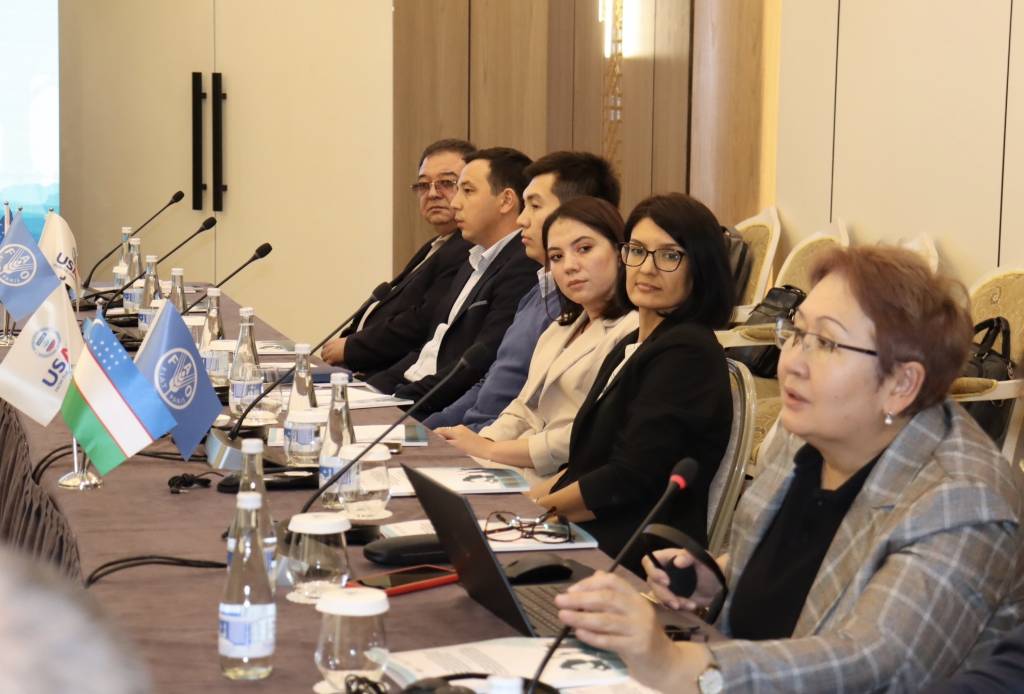
Uzbekistan is taking bold action to address the growing global threat of antimicrobial resistance (AMR) – a problem that makes it harder to treat infections because bacteria, viruses, and other microorganisms are becoming resistant to the medicines we rely on.
With support from the United States Agency for International Development (USAID) and in partnership with the Food and Agriculture Organization of the United Nations (FAO), Uzbekistan is focusing on improving how it regulates and controls the use of these crucial drugs across healthcare, agriculture, and the environment.
AMR is a serious issue worldwide, putting decades of medical progress at risk. When the medicines we’ve depended on to fight infections stop working, people face longer illnesses, higher medical bills, and even increased mortality. In Uzbekistan, like many other countries, overusing and misusing antibiotics in both healthcare and farming has fuelled the rise of drug-resistant microbes. Recognizing the challenge, the country is enhancing its efforts to address the issue and implement effective measures to reverse the trend.

Recently, government officials, legal experts, and other key stakeholders came together for a roundtable to review current AMR policies and find ways to strengthen them. They agreed that tougher regulations are needed for veterinary medicine, better systems are required to monitor food safety, and more efficient ways to manage antimicrobial waste must be introduced. A key focus of the discussion was creating a national strategy that coordinates efforts across all sectors affected by AMR – healthcare, agriculture, and the environment – so that Uzbekistan’s actions align with international standards and FAO’s One Health approach. This approach recognizes how closely human, animal, and environmental health are linked.
Another important step is to improve how the country tracks the use of antimicrobials. By doing this, Uzbekistan can ensure that antibiotics and other drugs are used responsibly, only when absolutely necessary. Encouraging responsible use in both farming and healthcare is crucial to stopping the spread of drug resistance. Aligning national policies with global standards will make antimicrobial use safer and more effective.
By tackling AMR head-on, Uzbekistan is not just protecting its own population– it’s contributing to a global effort to safeguard the future of healthcare for everyone.
UzA








